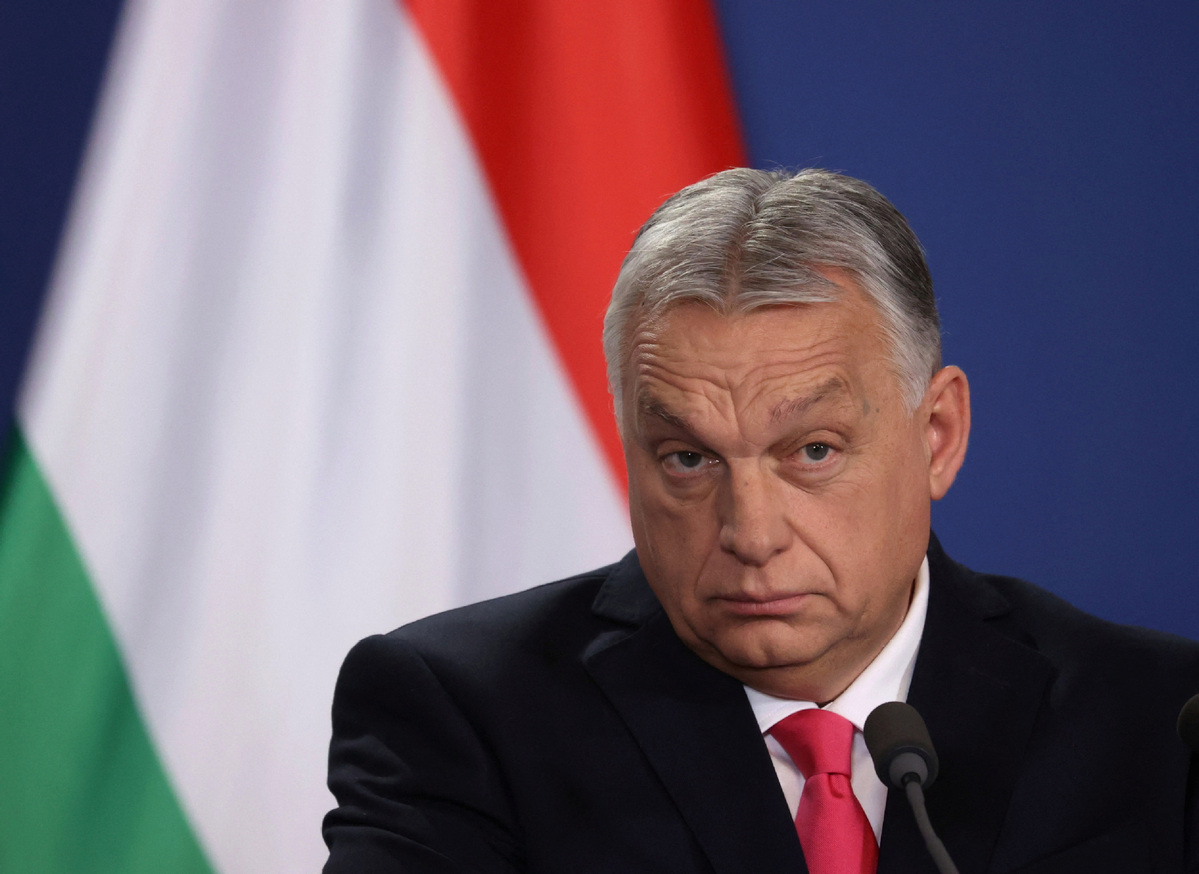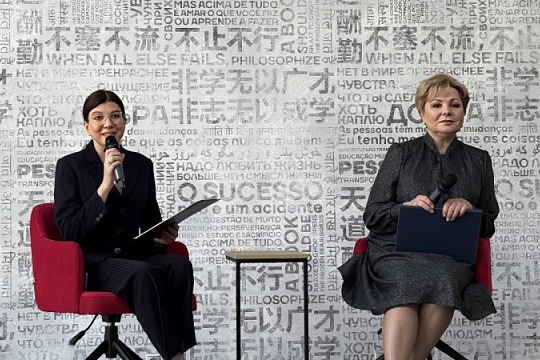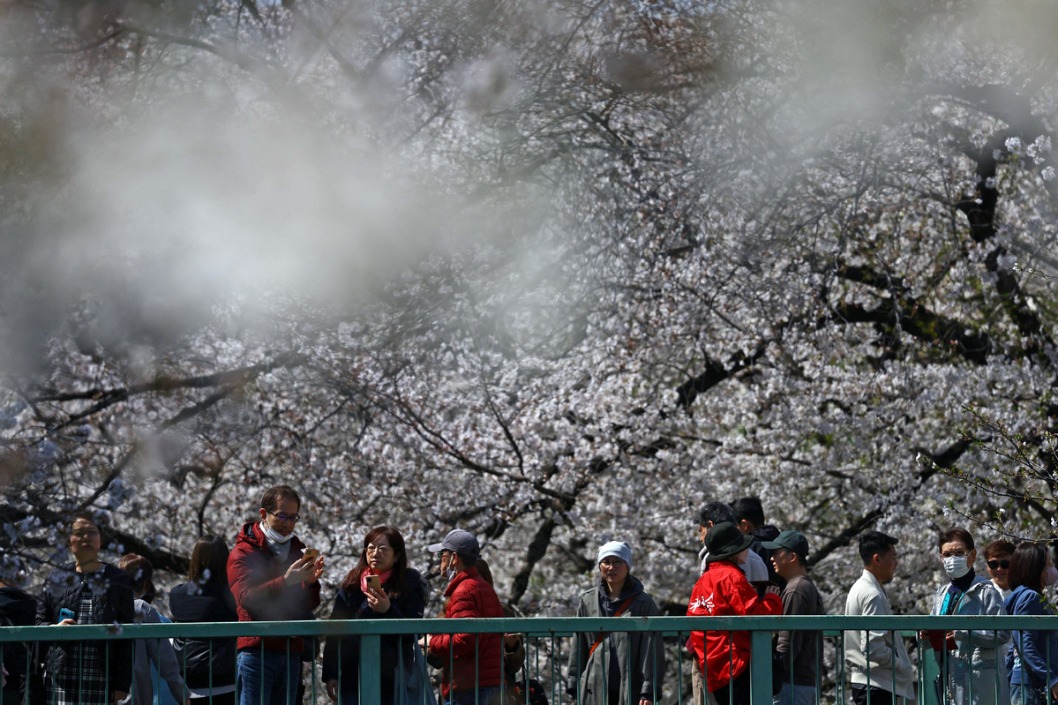Macron aims to win over Hungary's Orban


France's President Emmanuel Macron hosted Hungary's Prime Minister Viktor Orban in Paris on Wednesday in an attempt to get him onside with the majority of the European Union over support for Ukraine, before a vital EU defense summit taking place in Brussels on Thursday.
Hungary is an outlier in the EU on many topics, including immigration and social policy, but most significantly at the moment, on Ukraine.
Orban has expressed political sympathy with Russian President Vladimir Putin and his policies, as well as United States President Donald Trump, and he met both of them last summer and has subsequently been excluded from previous Paris gatherings to discuss the situation in Ukraine.
Macron was the co-chair of a security summit in London last weekend that was attended by many EU leaders and also other significant players including European Commission President Ursula von der Leyen and NATO military alliance Secretary-General Mark Rutte.
But following Hungary's decision to side with the US and Russia and vote against a recent nonbinding United Nations General Assembly resolution condemning Russia as the aggressor in the Ukraine conflict, Orban was not invited to the summit.
Writing on social media platform X after the meeting, Orban said: "European leaders decided in London today that they want to go on with the war instead of opting for peace.
"They decided that Ukraine must continue the war. This is bad, dangerous and mistaken. Hungary remains on the side of peace."
Trump's face-to-face comments to Ukraine President Volodymyr Zelensky at the White House last Friday, followed up by his stopping US military aid to Ukraine this week, have added to Europe's sense of urgency to come up with a coordinated policy.
But following the meeting in Washington, Orban was vocal in his support for Trump, rather than for Zelensky, saying "strong men make peace, weak men make war".
Orban is not totally isolated in the EU and has an ally in Slovakian Prime Minister Robert Fico, but authorities in Budapest have been keen to make it clear that they remain apart from the majority European view over the Ukraine issue.
A letter from Orban to EU Council President Antonio Costa said: "It has become evident that there are strategic differences in our approach to Ukraine that cannot be bridged by drafting or communication."
The Politico website quoted a reply sent by Costa to Orban, saying "there is a divergence on the path to achieve peace and, in particular, the 'peace through strength' approach".































